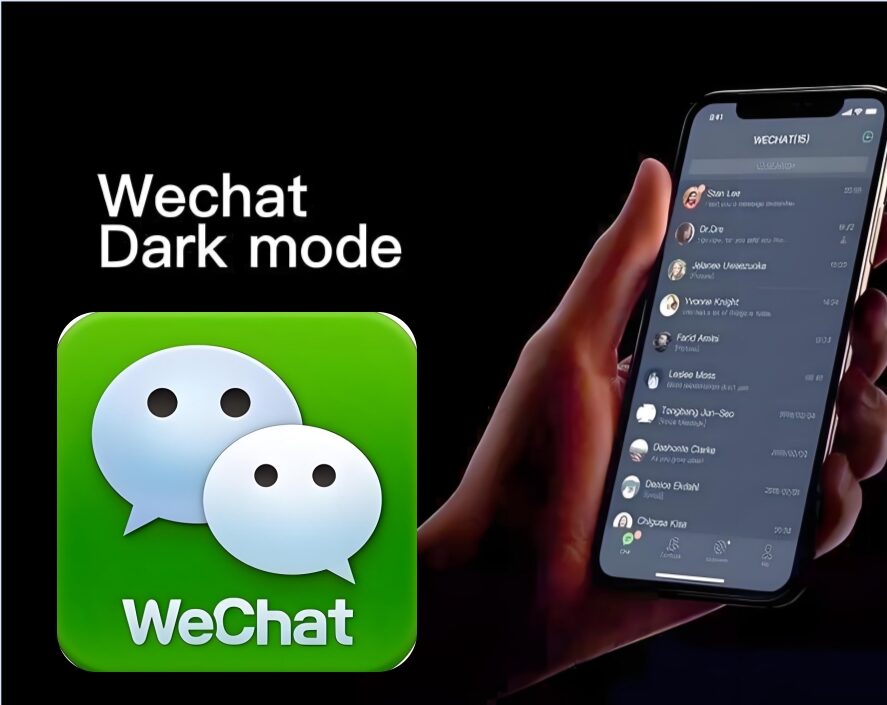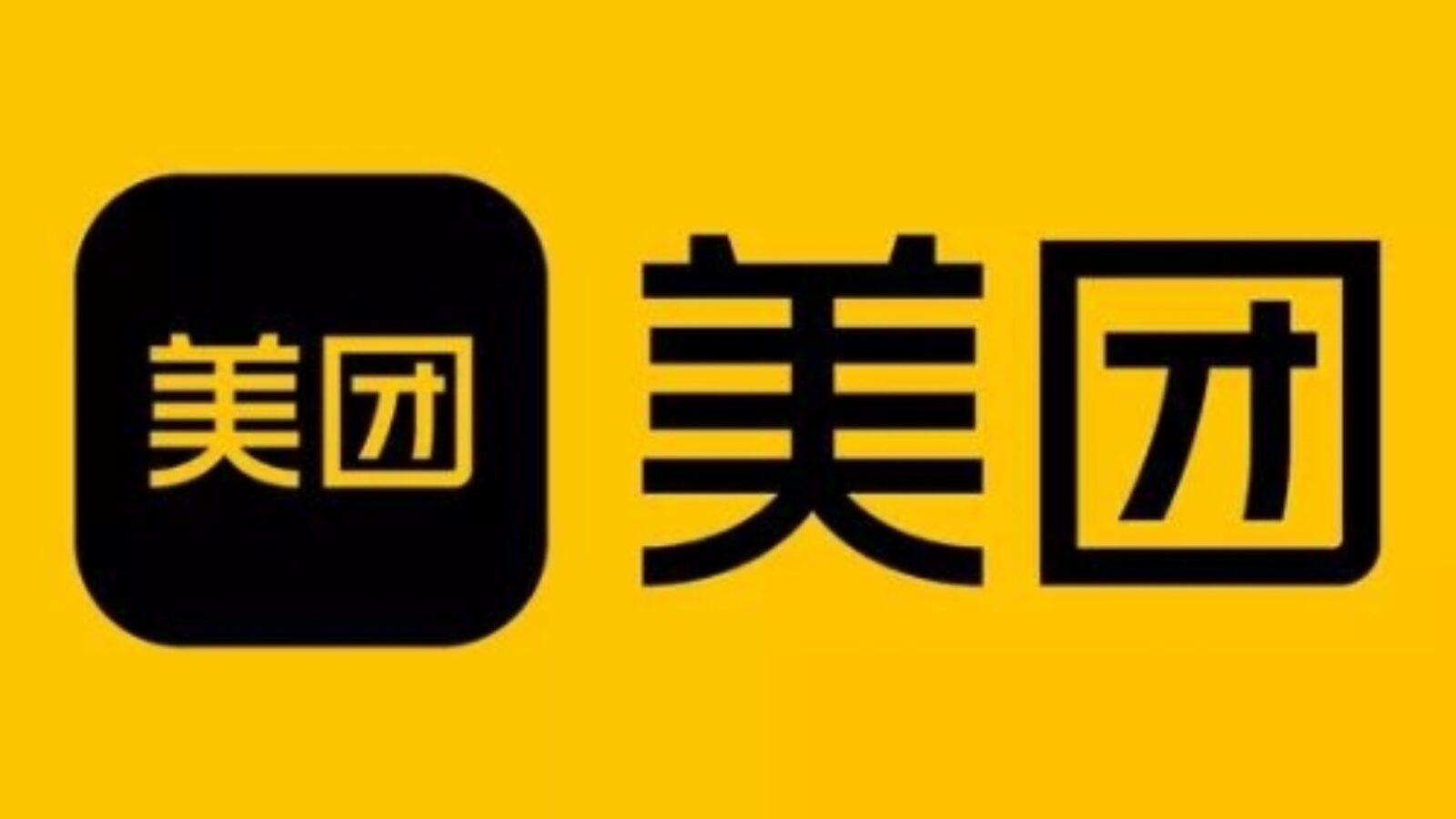So you’re packing for China and wondering: what messaging apps work in China? Spoiler—most of your go‑tos from home won’t open here. China’s internet runs differently, and locals rely on their own apps. These aren’t just for chatting—they handle free voice/video calls, daily socializing, paying for dumplings, even booking a high‑speed train. Before you land, know which ones will truly keep you connected.
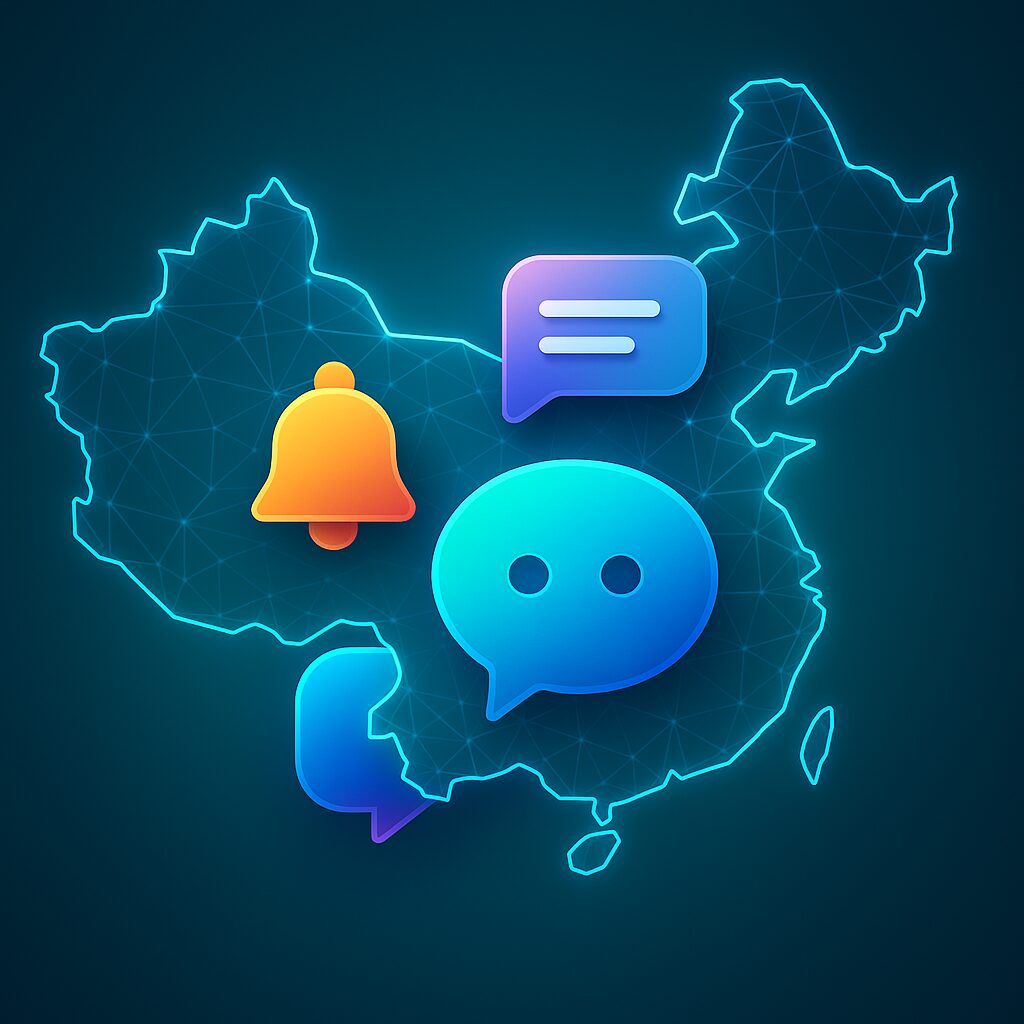
What Messaging Apps Work in China
Why Messaging Apps Matter for Foreign Travelers in China
Messaging apps like WeChat are not simply for chatting — they’re the backbone of daily life here. Lunch cost? Okay! WeChat Pay. Need a taxi? Book it using the app; on this front every town crier is doing well these days. The bank could not be reached, so can't purchase in the name of my father. All that is history. People here rarely use cash anymore, and the ease of paying with just a scan is hard to beat. Even QQ still rocks with kids these days due to its blend of gaming and messaging.
At first, it may feel strange, but these apps quickly make daily life and socializing easier. Paying by phone, joining group chats, following news via official accounts, and sending stickers are all second nature here. Cashless is the norm—those still using paper money stand out. Once you adapt, it’s hard to imagine life without this connected world.
Recommended Messaging Apps in China
1. WeChat: China’s Leading All-in-One Messaging App

When it comes to messaging apps in China, WeChat is your best bet—hands down. It’s not only for texting or calling. It’s an all‑in‑one app that combines messaging, social media, and payment in one place. From dining out, getting a cab, to booking a doctor—everything is covered.
Beyond basics, WeChat is a full‑blown social hub. WeChat Groups keep you connected with friends, colleagues, or local communities. With a quick scan of a WeChat QR code, you can add contacts, join groups, or follow businesses. Fun sticker packs and custom emojis make conversations lively, while WeChat Official Accounts bring news, restaurant deals, and travel tips right into your chat feed. These tools make it easy to expand your circle and stay informed.
For foreigners, WeChat bridges the gap between locals and visitors. Its easy‑to‑use design helps overcome language barriers, and once you start using it, you’ll find it’s not just a messaging app—it’s the social backbone of life in China.
Want to know more about WeChat? From how to create your own WeChat QR code to starting a WeChat group and getting WeChat Pay set up, these are tips you won’t want to miss!
2. QQ: A Legacy App for Younger Generations
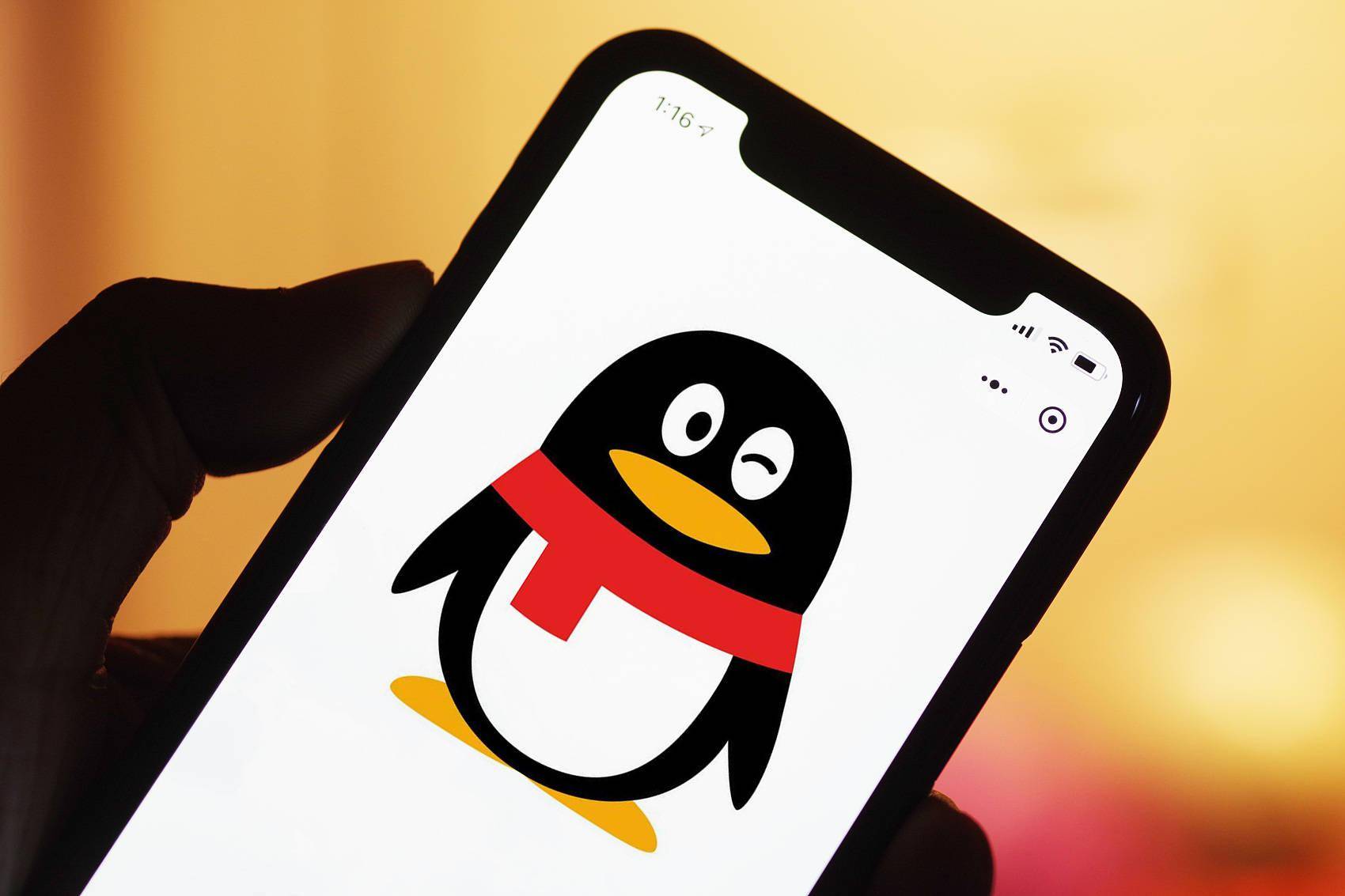
Long before WeChat took over, QQ was the go‑to chat app in China. And if you’ve been looking into what messaging apps work in China, you’ll notice QQ still thrives among younger users, especially students. Part of the appeal is nostalgia—many grew up with QQ avatars, quirky status messages, and those endless custom emojis. But it’s not just for old times’ sake. QQ blends messaging, gaming, and entertainment in a way that still feels fresh.
You can jump from a group chat into an online game without switching apps, share music with friends, or hang out in themed chat rooms. It has a more playful vibe than WeChat, which feels… formal in comparison. Some teens even keep QQ for gaming guilds or school groups while using WeChat for family.
It might not dominate headlines anymore, but QQ still owns its niche. If you want to see a lighter, more colorful side of Chinese online life, this is where you’ll find it.
3. DingTalk : A Business-Focused Messaging Solution
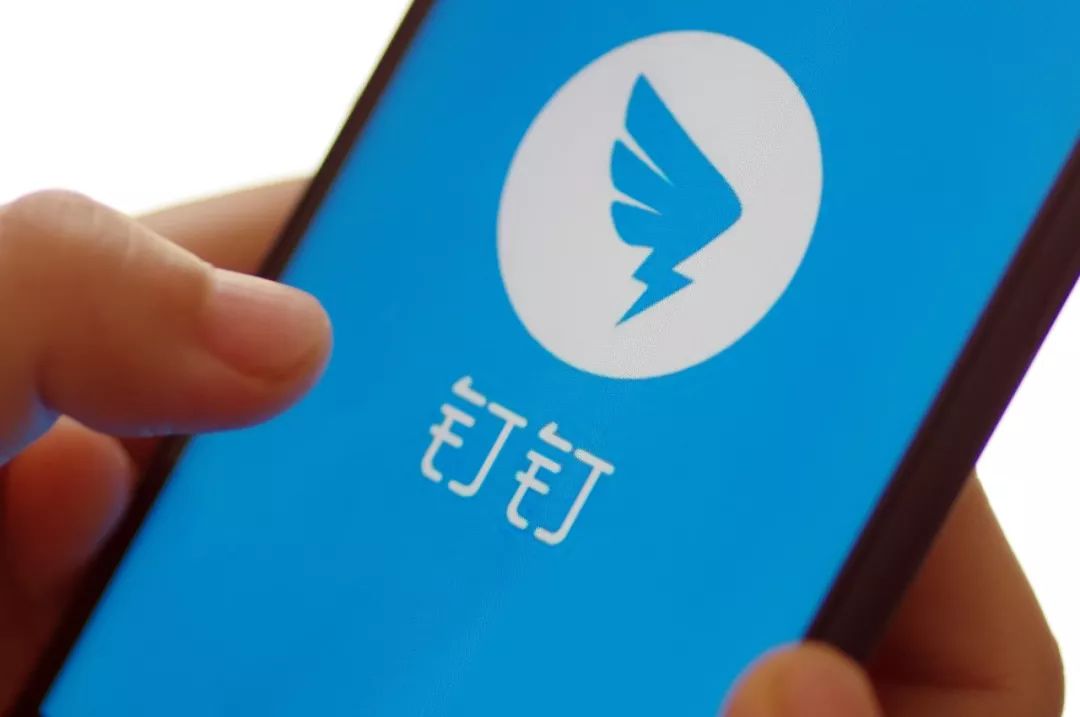
DingTalk
In China’s offices, DingTalk is everywhere. Built by Alibaba, it’s more than chat—it’s where teams share files, run video meetings, assign tasks, and even clock in for work. Many companies, from start‑ups to big names, prefer it because everything is in one place. You might see staff scanning a DingTalk QR code to check in, then jumping straight into a group call without switching apps.
For professionals, it feels efficient, though a bit intense—notifications can be relentless. Still, the mix of messaging, scheduling, and project tools makes it hard to beat for workplace collaboration. If you’re working in China, chances are your team will expect you to be on DingTalk from day one.
4. Feishu : The New Competitor in Business Communication

Feishu
Feishu, by ByteDance, is shaking up China’s workplace chat scene. It blends instant messaging, cloud docs, video meetings, calendars, and even translation in one sleek platform. Teams can co‑edit a proposal while chatting in the same window, then jump into a call without switching tools. This smooth integration appeals to tech‑savvy companies and start‑ups that value speed and flexibility.
Its growth has been fast—more firms now see Feishu as a lighter, more modern alternative to older tools like DingTalk. The built‑in translation helps cross‑border teams, and the clean interface feels less cluttered. If your work in China involves collaboration across time zones or languages, Feishu might just be the app that keeps everyone in sync.
International Messaging Apps Available in China
For travelers searching what messaging apps work in China, the short answer is: most won’t work without help. The Great Firewall blocks popular tools like WhatsApp and Facebook Messenger, so trying to open them on a regular connection will just leave you staring at a loading screen. Without a VPN, these apps are basically out of reach. Some seasoned travelers keep a VPN ready, but even then, connections can be slow or unstable.
There are a few exceptions. iMessage and FaceTime usually work fine between Apple devices, since Apple runs local servers in China. Skype and Telegram can work in certain cases, but reliability is hit‑or‑miss—you might get through one day and be blocked the next.
Given these limits, most visitors end up relying on WeChat. It’s not only accessible everywhere in China but also integrates payments, social networking, and travel tools in a way no foreign app can match. If staying connected is a priority, make WeChat your main channel and keep the others as backup.
Frequently Asked Questions (FAQs)
Q: Can I link my international credit card to Chinese messaging apps for payments?
Yes, some apps like WeChat allow foreigners to link Visa, Mastercard, or JCB cards. However, certain features might be limited, and some smaller merchants may still prefer local payment methods. It’s best to set this up before your trip so you can test it.
Q: Will I need a Chinese phone number to register on these messaging apps?
Not always. You can usually sign up with an overseas number, but some functions—like resetting your password or verifying payments—work more smoothly with a Chinese SIM card.
Q: Can messaging apps help me translate conversations with locals?
Yes. Apps like WeChat have built‑in translation for messages and posts. It’s not perfect, but it’s good enough for casual chats and reading menus in group chats.
Q: Are there privacy or security concerns I should be aware of when using Chinese messaging apps?
Yes. Like many social apps worldwide, Chinese messaging apps collect user data, and your activity might be visible to service providers. Avoid sharing sensitive personal or financial information through chat.
Q: Can I use these apps after I leave China?
Generally yes, but some features—especially WeChat Pay—may be restricted depending on your bank card and country. You’ll still be able to chat, but certain services tied to China’s payment system might not work abroad.

